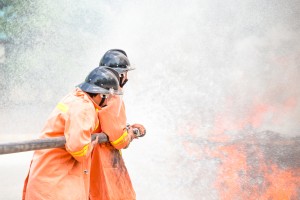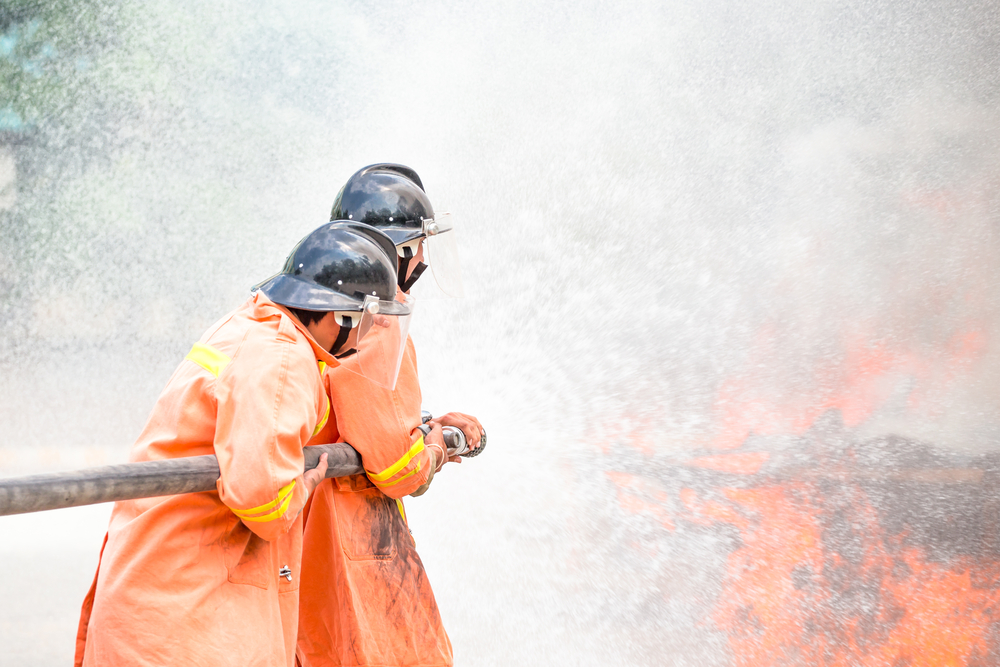 A study led by Monash University researchers found that firefighters have an increased risk of developing melanoma and prostate cancer when compared to the general public.
A study led by Monash University researchers found that firefighters have an increased risk of developing melanoma and prostate cancer when compared to the general public.
The analysis, appointed by the Australasian Fire and Emergency Service Authorities Council (AFAC), the national Council and peak body for fire and emergency service agencies was the first large-scale pioneer study concerning firefighters’ cancer and causes of death in Australia.
“From the available data, it would appear that Australian firefighters do not have the same elevated incidence of all the identified cancers that have been found in previous overseas studies of cancer incidence in firefighters,” AFAC CEO Stuart Ellis said in a news release. “This is the first study of this size of Australian firefighters which also includes information on attendance at fires, so the industry is currently working through the findings to identify how the health of firefighters can be further protected,” he added.
This study was developed over the last 3 years alongside pertinent input from an Advisory Committee comprising members from AFAC, trade unions and firefighter volunteer associations. Together, the team, led by lead researcher Associate Professor Deborah Glass, from Monash University’s Department of Epidemiology and Preventive Medicine, managed to analyze 232,871 firefighters, comparing them to the general Australian population regarding both death causes and cancer incidence.
“In particular we found that paid firefighters were at greater risk of melanoma and prostate cancer, especially after multiple exposures or prolonged service,” Professor Glass said. “We also found that volunteers, on the whole, do not appear to have significantly elevated risks of cancer as a result of their firefighting role, however further analysis may need to be completed for those volunteers who have attended a very high number of fires”, she added.
Evidence suggested that male firefighters who have had this activity for over 20 years had a significantly increased risk of developing prostate cancer and melanoma. However, not many conclusions could be obtained from female firefighters, since there was not a solid enough population to study.
“We also considered mortality rates and found that male firefighters, whether they be full-time, part-time or volunteer are healthier than the general population, as their overall mortality rate was significantly lower,” said Professor Glass.
“The two most elevated cancers, prostate and melanoma, do have early detection screening tests available so the industry will investigate opportunities to incorporate screening for these cancers into health monitoring programs. Melanoma can be significantly reduced through appropriate sun safety practices,” Mr. Ellis concluded.


